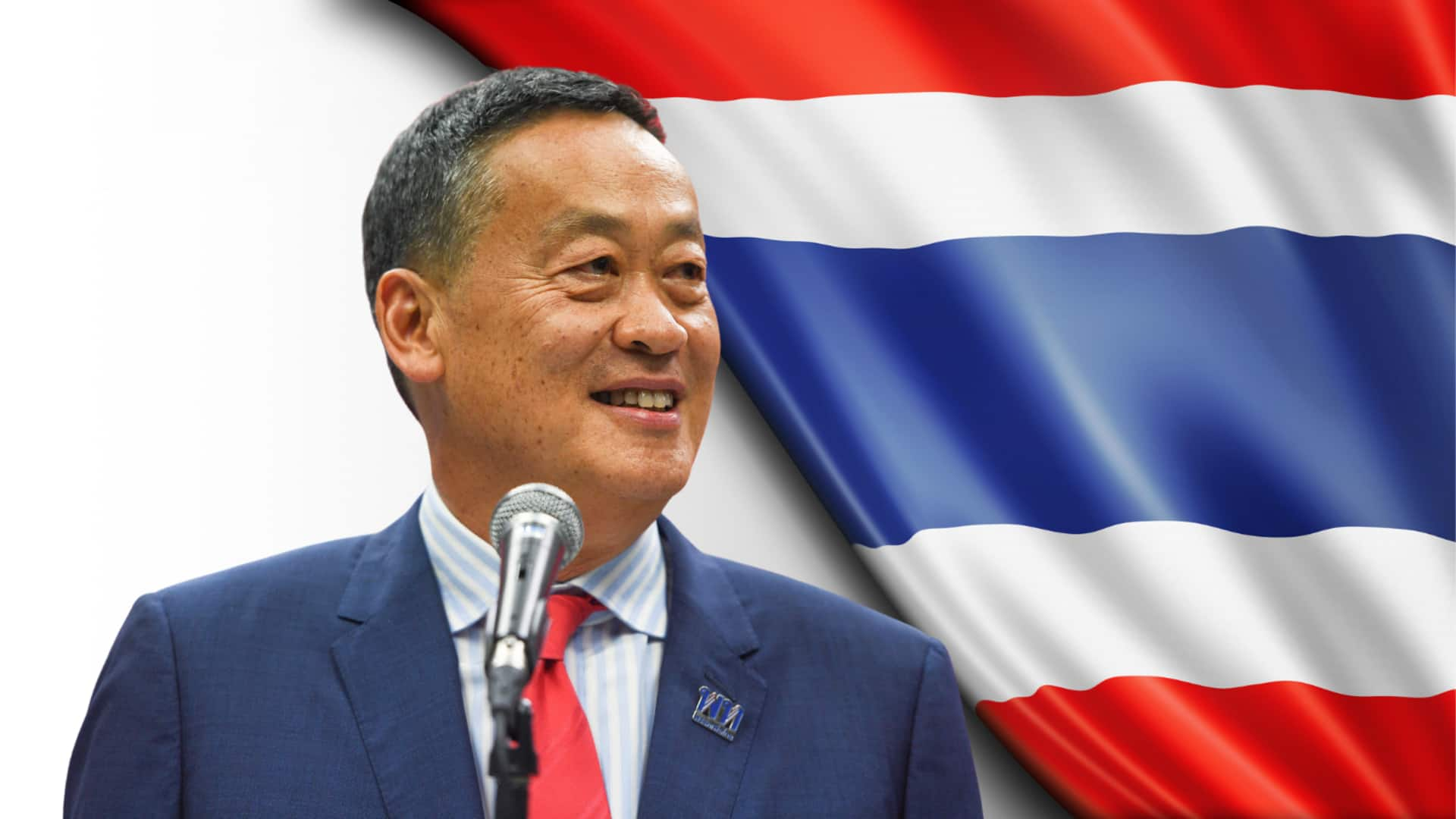
Thailand proposes Schengen-style visa to boost tourism: Know its significance
What's the story
Thailand's Prime Minister, Srettha Thavisin, is leading discussions with Southeast Asian nations including Cambodia, Malaysia, Myanmar, Laos, and Vietnam.
The talks revolve around the potential introduction of a visa system akin to the Schengen model—a joint-visa program permitting free travel around the border-free zone (Schengen area) as long as it's valid.
The aim is to simplify travel for tourists across the six countries.
The collective visa initiative forms part of Thavisin's broader strategy to attract more long-distance and high-spending tourists.
EU's initiative
What is a Schengen visa?
A Schengen visa is a temporary authorization permitting travelers to enter the Schengen area for a maximum of 90 days within a span of 180 days.
It enables travelers to move within the Schengen area and pass through the territories of Schengen states.
Additionally, the visa can facilitate transit through the international transit zones of Schengen state airports.
For those unaware, Schengen Area encompasses 29 European countries where border controls have been eliminated. It spans over four million square kilometers.
Positive feedback
Regional leaders respond positively to unified visa proposal
The unified visa proposal has been well received by regional leaders.
The primary objective of this initiative is to increase revenue per visitor, and protect Thailand's economy from challenges such as slow exports and reduced global demand.
These issues have significantly impacted the nation's manufacturing sector. In 2023, these six Southeast Asian nations collectively attracted approximately 70 million tourists.
Thailand and Malaysia contributed to more than half of the total count, generating an estimated $48 billion in tourism revenue.
Economic impact
Tourism sector's significant role in Thailand's economy
The single visa initiative is a bold move in Thavisin's suite of tourism strategies.
The tourism sector provides approximately 20% of all jobs in Thailand, and contributes about 12% to the country's $500 billion economy.
Marisa Sukosol Nunbhakdi, a former president of the Thai Hotels Association, expressed her optimism about the proposal, stating, "A common visa could entice long-haul travelers to make an easier decision."
Implementation hurdles
Challenges in implementing Schengen-style visa
The execution of a Schengen-style visa could face difficulties due to the Association of Southeast Asian Nations (ASEAN)'s history of slow progress in implementing multilateral policy frameworks.
Thitinan Pongsudhirak, a professor at Chulalongkorn University's political science faculty, pointed out that the lack of uniform immigration criteria among the participating nations could present obstacles.
He also suggested that Thavisin, being a political novice, may not have the necessary influence to drive the visa proposal forward.